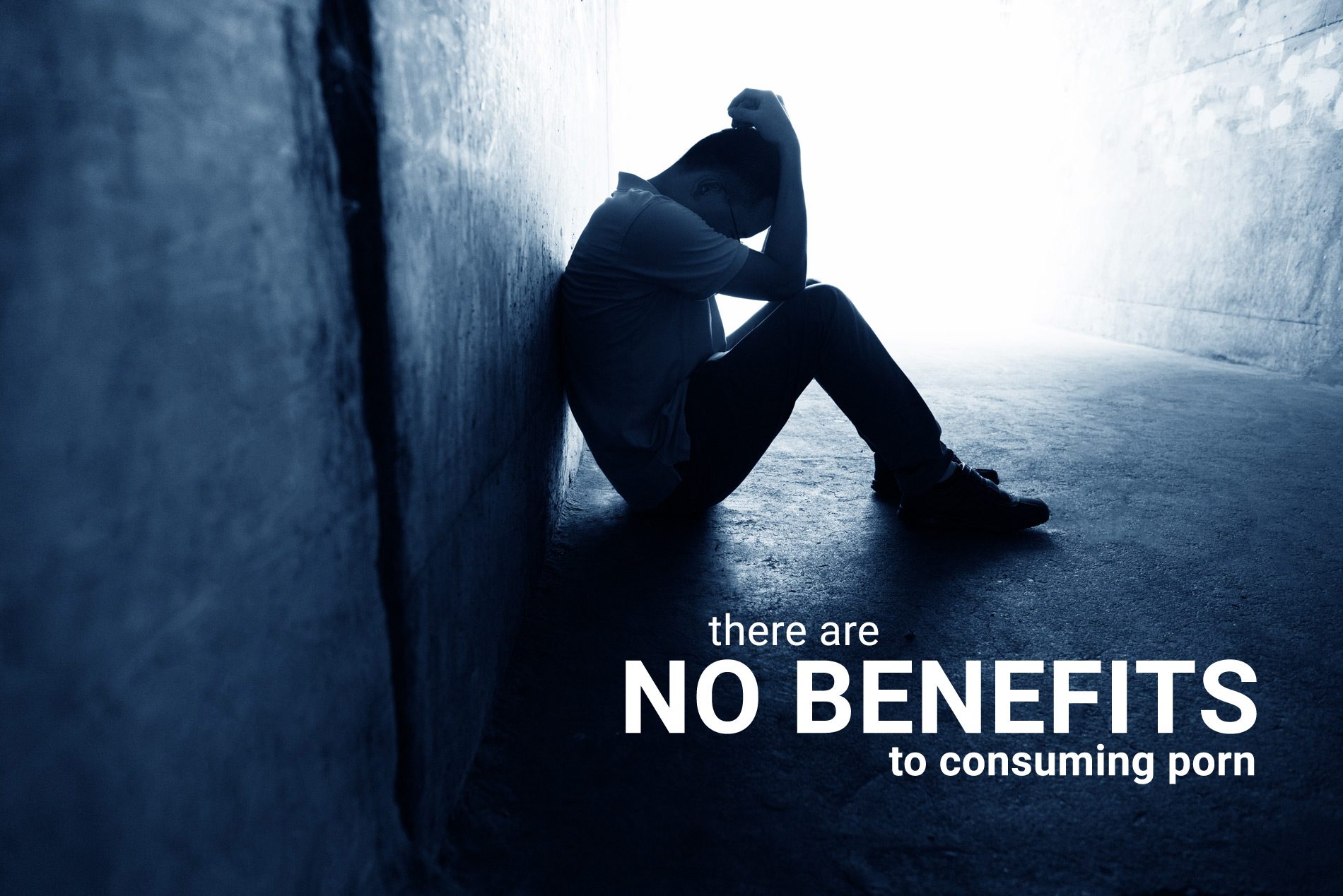Why Confession Isn’t Helping Your Porn Problem – Part 1

About a year ago, a priest approached me at a conference and made the following observation. “My students today seem different than they were a few years ago. It used to be that when someone was struggling with pornography and masturbation, I could recommend filters and a more structured prayer life and that would take care of it. Today that advice doesn’t seem to be working as well.” This observation is not an isolated one. More and more priests are looking for resources to help their students in the confessional. Blog posts are appearing calling on both traditional and non-traditional techniques for breaking free from pornography; Even Cosmopolitan magazine published a recent article on pornography as a public health crisis. In this post, I will try to shed some light on why things are different and give some concrete steps to move toward freedom.
WHY YOU CAN’T TEACH YOUNG DOGS OLD TRICKS
With regard to the observation that young people today seem different, that is true. They are. On your typical college campus the freshmen were exposed to pornography between 8-10 years old. The pornography they were exposed to is hard-core, high definition video. The sex acts they are exposed to are more violent than what we were exposed to when I graduated high school in 1992. It can be the case that a college freshman has been watching hardcore pornography regularly for 10 years before he arrives on campus. So, at a minimum, he or she is more escalated in the kinds of pornography he is watching. Escalation means that due to tolerance to the chemicals released in the brain through pornography and masturbation it now takes more pornography, or more intense pornography to achieve the same effect. The cycle of escalation might start with still nude photos, then videos, “romantic” pornography, group sex, violent pornography, gay pornography, bestiality, etc. One way to find out if escalation has taken place is to ask the question, “Do you watch pornography now that you once thought to be repulsive?”
Tolerance is one indicator that addiction is present. Other indicators would be: repeated attempts to stop the behavior without success, negligence of duties or relationships due to the behavior, loss of relationships or a job due to the behavior, significant loss of time, obsessing about the behavior, continuing the behavior despite consequences, experiencing withdrawal symptoms when the behavior ceases (insomnia, irritability, mood swings, pain in the genital area, painful urination can all be withdrawal symptoms. Having three of these indicators could mean that a person has developed an addiction. If you or someone you are helping would like to take a more detailed assessment, I recommend you take the Sexual Addiction Screening Test at the following web address: https://www.recoveryzone.com/tests/sex-addiction/SAST/index.php
3 kinds of addicts
Doug Weiss, Ph.D. identifies six types of addicts, here I will focus on three. The biological addict is the person who grew up in a relatively stable home, had good relationships, no trauma. They discovered pornography and developed a vicious habit. This kind of addict was more prevalent when I was growing up. Someone discovers pornography and masturbation in their teen years, the habit gets ingrained over time, and may or may not develop into a full-fledged addiction. This is the kind of person that can fight vice with virtue. Filters and a more structured spiritual life oftentimes pull the person out of this. This is the person that the priest in my opening paragraph was able to help relatively easily years ago.
The second addict is psychological. He or she uses pornography in order to avoid emotions. Sometimes it is used specifically to alter a mood, or to not feel anything at all by “numbing out.” This person may be triggered not only be sexually explicit materials but also by feeling unaffirmed, experiencing a fight between his/her parents, or even by everything seeming relatively ok. In addition to behavior change interventions, this person will most likely also need counseling in order to address the psychological difficulties that drive the addiction process.
The third addict is the trauma-based addiction. This person uses porn as a way of re-enacting trauma that they have experienced. The girl who watches violent porn may do so because she has been the victim of sexual violence in her past. The different scenario genres available on pornographic websites is an indicator that more and more people may be looking to re-enact or address past traumatic events (babysitter, step-mom, step-sibling, teacher-student, etc.). If there is past trauma or any kind of emotional, physical, or sexual abuse the person will likely not find freedom unless he/she seeks counseling from a trained professional who is experienced in working with sexual addiction/sexual trauma.
Given these distinctions, it makes sense that our traditional strategies for addressing purity/sexual sin do not seem to be working anymore. According to Weiss, less than 15% of addicts are merely biological ones. More and more of our young people are growing up in difficult family situations, and more and more of them have some kind of trauma before leaving high school. Peer to Peer sexual abuse is becoming more common as young people are acting out what they see on the internet. Some professionals also believe that exposure to hardcore pornography at a young age (on average before the onset of puberty) is also a form of sexual trauma.
If you or someone you are trying to help seems to be “stuck in the confessional” it may be because addiction is present. If that is the case, it is highly recommended that in addition to the spiritual tools you are employing, you seek professional help. To find a counselor in your area check out THIS ARTICLE.
TO LEARN MORE ABOUT DR DOUG WEISS AND HIS “TYPES OF ADDICTS” CLICK HERE. YOU CAN ALSO FIND A LINK to buy his book: The Final Freedom.














Mine is biological cos my spirit tells me that i can fight it. And i know i can. Please can you recommend books to that effect